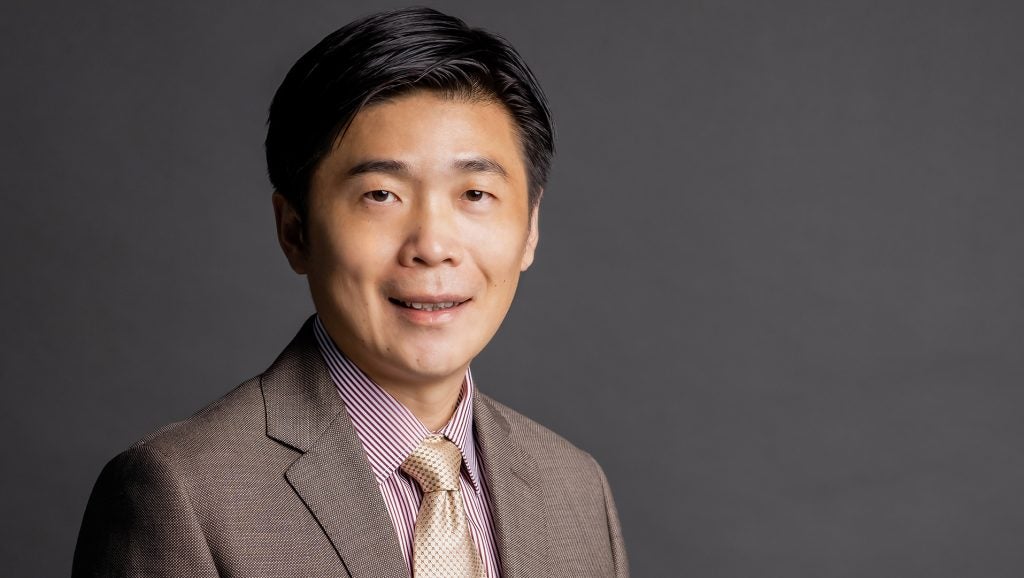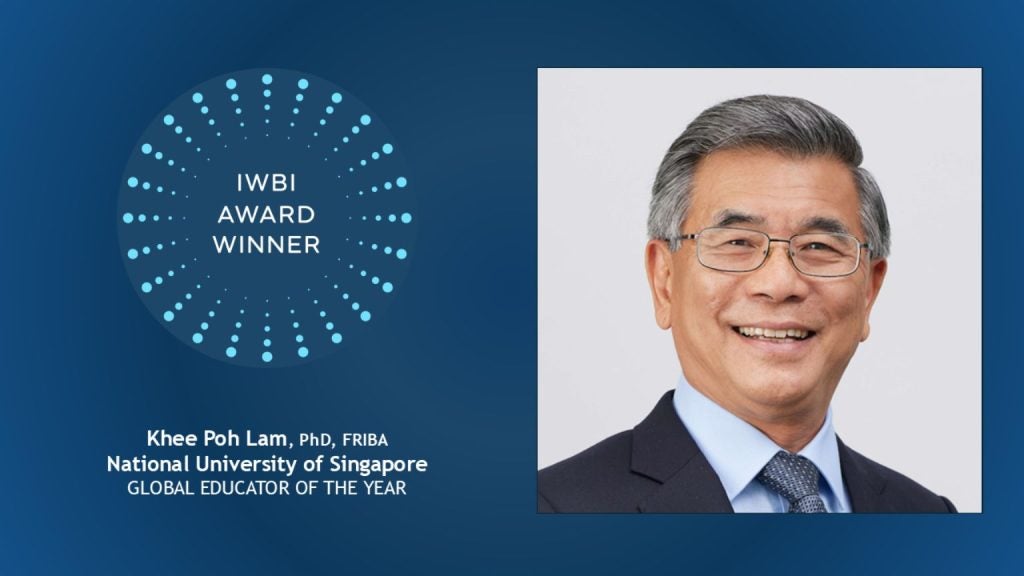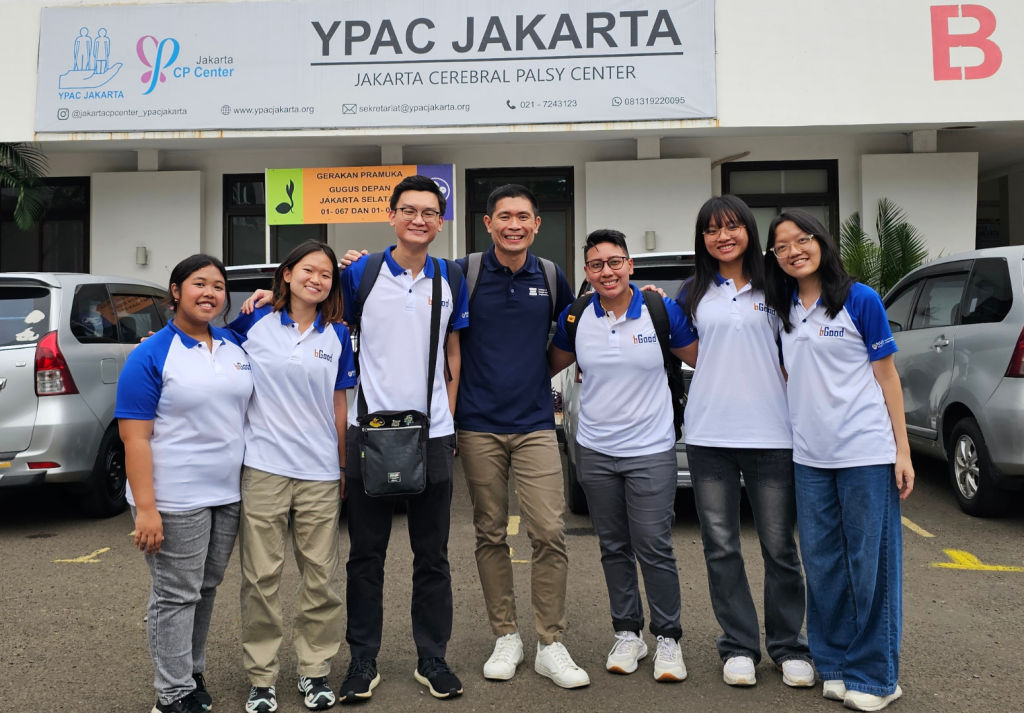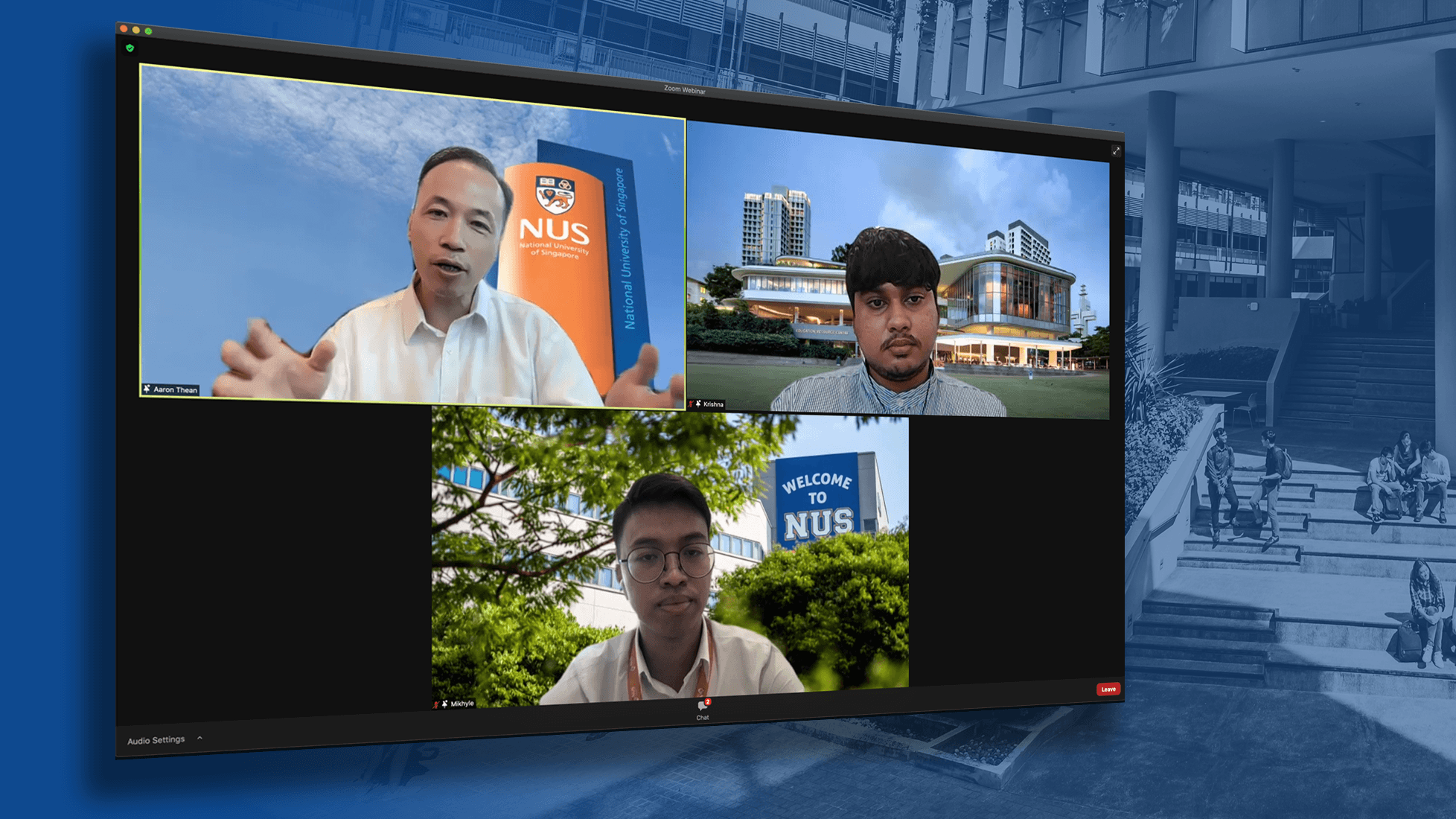
What is the mission of the new College of Design and Engineering, NUS (CDE); how was the College planned and designed; and how will it better prepare students for jobs of the future?
Professor Aaron Thean, the Dean-Designate of the CDE, and a panel of senior faculty answered these and other questions last Friday at a lively online Q&A session with future students of the College as they look ahead to the launch of the CDE later this year.
They took questions on a broad range of topics posed by about 180 current students in the Faculty of Engineering (FoE) and School of Design and Environment (SDE) who participated in the session.
The hour-long Q&A session was co-moderated by Vamsi Krishna Alamuru, President of the NUS Students' Engineering Club and Mikhyle Bin Mat Nooh, President of the NUS Students' DE Club. Prof Thean was joined on the panel by other senior faculty from FoE and SDE including:
Professor Heng Chye Kiang, Provost's Professor, SDE
Professor Teo Kie Leong, Deputy Dean and Vice Dean (Research), FoE
Professor Ho Ghim Wei, Vice Dean (Student Life), FoE
Associate Professor Kua Harn Wei, Assistant Dean (Student Life), SDE
Opening the session, Prof Thean shared insights into the processes and ideas behind the development of the common curriculum between FoE and SDE and how this led to the motivation to create the CDE.
He said that with almost 120 years of history between them, the two faculties merging into CDE had "a long legacy to preserve and to ride on." With a focus on the future, the CDE's aim is to "preserve the best of these two world-leading institutions", he said.
The aspiration for the CDE is to become a "solid interdisciplinary platform, so that we can help our graduates to be even more competitive in the workplace." This, he said, would be possible through the many new educational pathways the College creates, allowing students to go even deeper into their chosen specialisms, or to choose to pursue and explore a broader education.
"The types of problems facing industry are becoming more complex, and that needs a convergence of different fields. So we want to create an environment and platform where we build that into the education our students receive," he added.
The FoE and SDE are set to unite later this year to form the new CDE, with current students transitioning into the College on January 1, 2022. The first official CDE student cohort will be welcomed into the College in August 2022. At the same time, the existing student clubs will merge into the unified CDE Club.
Addressing an initial question about the immediate changes for existing students when the College is operational at the start of 2022, Prof Thean said the College leadership wants to ensure the rollout of the CDE would have minimal impact and that their programmes would be largely unchanged.
One of the most exciting things about the CDE, he said, was that it will bring together students from different domains in a way that prepares them better for the future workspace.
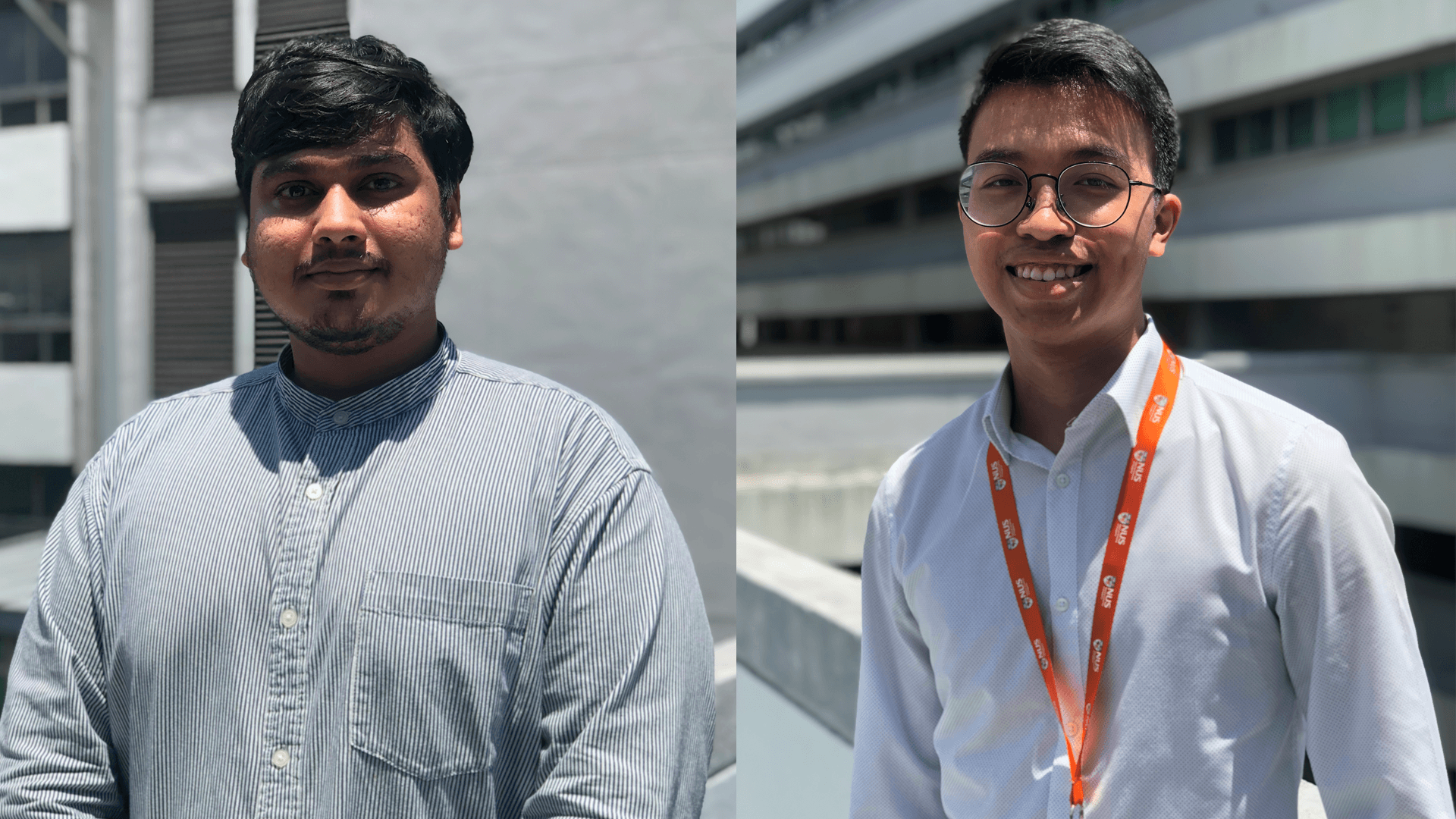
Answering a question about the future direction of design and engineering majors under the CDE, Prof Thean said the new structure will give students ample space to continue to go even deeper than before into their respective specialisations.
Speaking from his own experience, he said: "I'm an engineer and I realise I work with designers when doing product development. So there is a need to understand the language of design; we don't require you to necessarily go deep into design, but to have an appreciation of it would actually benefit you."
Another question asked about the identity of smaller programmes and how they would be impacted in the merger.
In response, Prof Thean said it was important that all departments have a voice and that the aspiration of the CDE places great emphasis on diversity.
"We derive strength from diversity," he said. "We want to amplify the strongest programmes in terms of ability, not size."
Asked about the focus on STEM education under the CDE, and how this would impact the balance between arts and science in the Architecture programme, Prof Thean said that whilst STEM subjects were a major component, the interdisciplinary nature of the College would also emphasise the importance of the arts and creativity.
"The fact that Architecture is preserved as a Bachelor of Arts degree means that arts is very important. All the requirements for creativity and artistic expression, as well as the rigours required in the training of art and design, are all still in place."
Professor Ho Puay Peng, head of the Department of Architecture, added that architecture is inherently an interdisciplinary subject, bringing together arts, humanities, building sciences and other fields.
"The CDE will really help us with this. Both in education and professional work, we need to have collaborations with engineers, so the coming together of the two schools is really fantastic," Prof Ho said.

Concluding the hour-long Q&A session, Prof Thean thanked the students for their questions and support. He said further engagement sessions and discussions would be held as the CDE evolves, building a college that would become "a new model for interdisciplinary education".
He added that students with further questions, queries or suggestions can send them at any time via email to askcde@nus.edu.sg.
Continued dialogue
Speaking after the session, co-moderators Krishna and Mikhyle agreed that Prof Thean and the panel had addressed many of the broad student concerns about the merger.
"The questions today were directly from the student population," said Mikhyle. "We had questions from Architecture, from SDE and Engineering, so I feel today was a good start, and as Prof Thean said, we can continue the dialogue. The askcde email platform will be a platform to take this forward, and down the road we can have more, smaller sessions on a checkpoint basis."
Commenting more broadly on the merger, Mikhyle said: "As students of SDE, we've always been exposed to the engineering side of things and this merger actually presents an opportunity to widen our scope of study."
As the incoming President of the DE Club that will lead the transition into the unified CDE Club, Mikhyle welcomed the open communication channels and the chance to work with the Dean's office to move the merger forward.
Co-moderator Krishna said the student leadership was fortunate to have a Dean's Office that is inclusive and supportive of student leaders through faculty clubs.
"The biggest concern for students is academics: how will the academic situation change for them? How will it affect future prospects? Today's session helped to address those concerns," he said.
Speaking from his own perspective, the final-year Chemical Engineering student said: "Having been Engin Club President for the past two years, I've seen since the start of the COVID-19 pandemic the need for collaboration between staff and student clubs. How we were pre-COVID-19 has drastically changed - we're a lot closer, there are a lot more meetings and a lot more discussions. What I find exciting about the merger is the new direction gives a lot more opportunity for student clubs to be more involved."
Krishna concluded: "In many ways, student leadership is itself an interdisciplinary engagement between all the faculty clubs and department clubs. So we do see the need to broaden our perspective beyond just our respective majors, and that's why we are generally very supportive of the motivations and aspirations behind the FoE and SDE merger."



